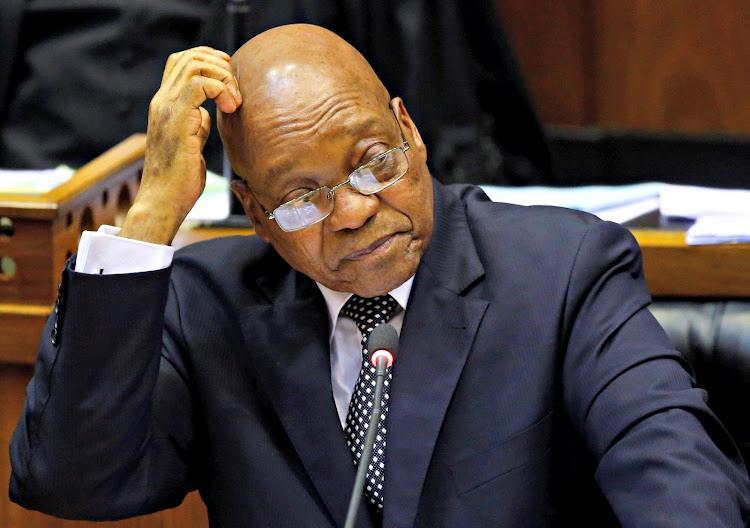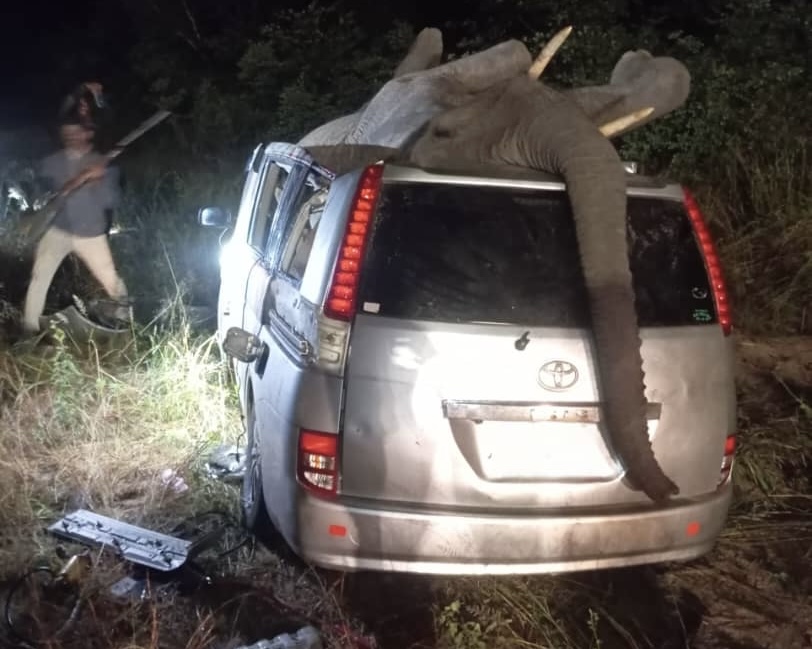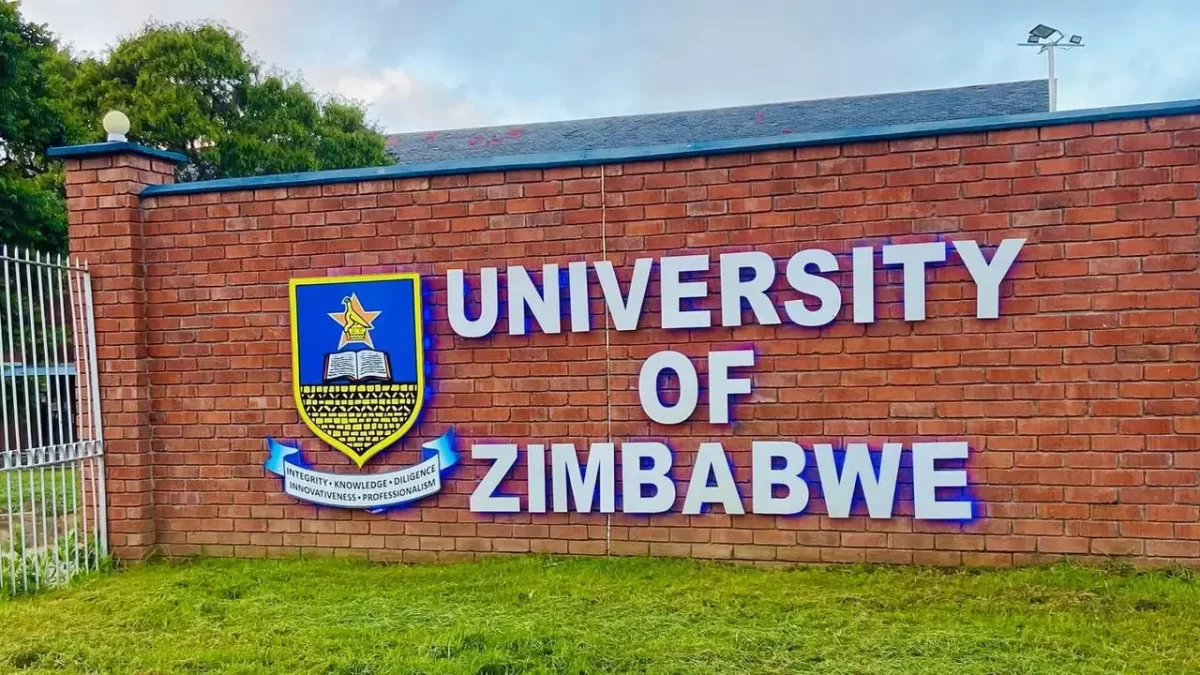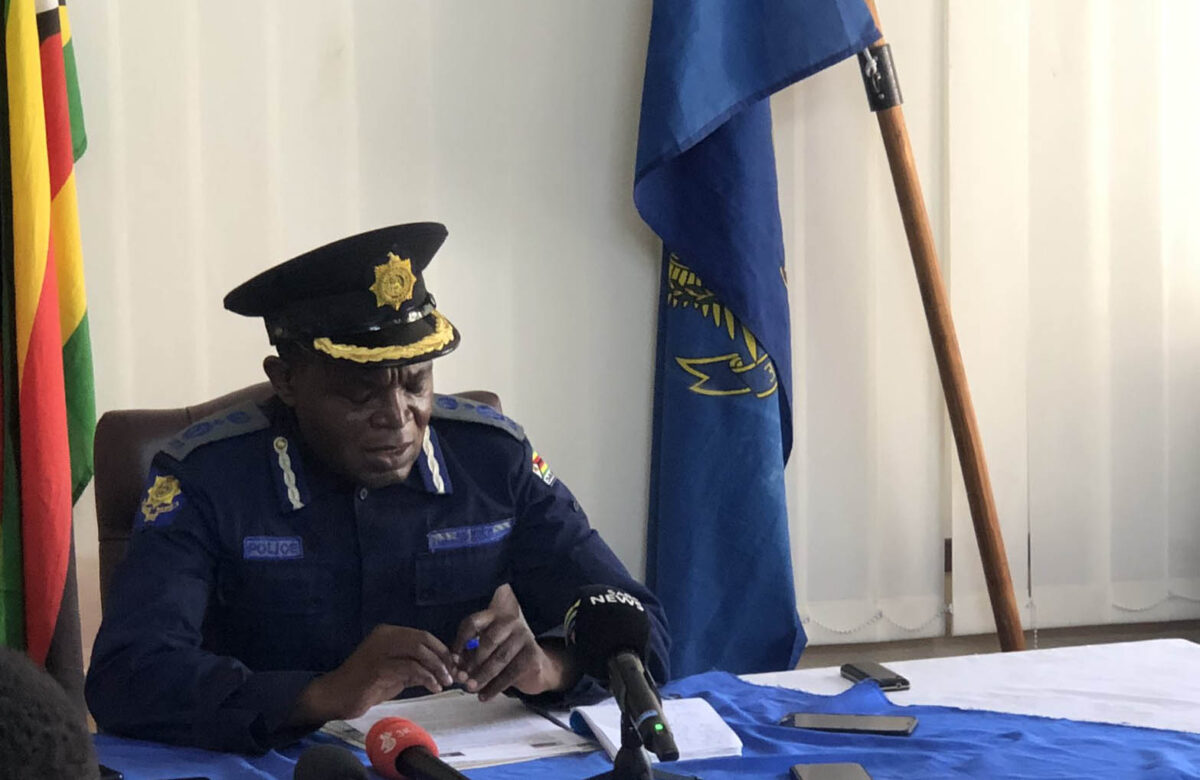DURBAN, South Africa — It’s official, former president Jacob Zuma cannot be the president of the country after this year’s general elections because of his criminal record.
This was clarified by the Independent Electoral Commission in its formal response to the Daily News on Tuesday. The electoral body cited Section 47(e) of the country’s Constitution, which bars anyone who was convicted and sentenced to more than 12 months imprisonment, without an option of a fine, from holding public office.
Section 47 of the Constitution provides that:
(1) Every citizen who is qualified to vote for the National Assembly is eligible to be a member of the Assembly, except anyone who, after this section took effect, is convicted of an offence and sentenced to more than 12 months imprisonment without the option of a fine, either in the Republic, or outside if the conduct constituting the offence would have been an offence in the Republic.
“Therefore, this provision renders Former President JG Zuma disqualified to be on the list of any party contesting an election or to contest as an independent in the upcoming 2024 elections,” said the IEC.
The section further states that the disqualification under this paragraph ends five years after the sentence has been completed, which still bars Zuma since he has not finished five years out of jail. This means that Zuma will have to try his luck in the 2029 general elections.
Addressing the Nazareth Baptist Church’s annual pilgrimage over the weekend at the Canaan Holy Mountain in Ndwedwe north of Durban, Zuma told the congregation that he was removed while he was still fighting for black people, therefore he wanted to go back to fix things that had not been fixed.
This has been construed as referring to his tenure as the state president. He also asked the congregation to pray for him to get back.
Zuma was convicted and sentenced to 15 months after he was found guilty of defying a summons to appear before the State Capture Commission in 2021.
He served a few months at the Estcourt Correctional Services, and after spending some time in 1 Military Hospital, he was released on parole and subsequently received a presidential pardon after the parole was declared invalid by the Constitutional Court.
He went back to the same Correctional Services centre just for his remission to be processed in August last year.
Zuma has been criss-crossing the country campaigning for the uMkhonto we Sizwe Party after he publicly endorsed it on December 16 last year, when he acknowledged that the party was formed with his knowledge and his blessings.
The party, which turned a month old on Tuesday, was expected to formally announce Zuma as its presidential candidate at the end of the month. In an interview on Monday, the party’s national spokesperson Nhlamulo Ndlela said its presidential candidate would be announced at the end of the month, but office-bearers would be elected after the general elections, expected to take place in May.
Ndlela was coy about who would be the party’s face for the elections, but indicated that Zuma was the only person who was being invited to address all their meet-and-greet gatherings.
“We have not yet decided on who will be the face of our elections campaign, but let me respond by telling you this. There is no president who has done well like Zuma. No president has ended load shedding, but we will announce our candidate next month.
“The party is busy consulting with other stakeholders about who should be on the provincial legislatures and Parliament lists,” Ndlela said.
When asked how Zuma was to become the candidate, since he had a criminal record, Ndlela pleaded ignorance demanding to be given the law that said people with criminal records could not be elected as public representatives. After he was sent the Section 47 requirement, he did not respond.
Political analyst Professor Sipho Seepe said Zuma did not have to be president of the country again to implement the objectives of the MK Party, because the president of the governing party does not necessarily have to be the president of the country to implement party agenda.
He said as long as the party deployees implement their conferences’ resolutions, which become government policies, Zuma could run the country from outside Parliament.
“It was meant to be a party-led government where deployees would implement the party conference resolutions. It would be good that the president would have to account to the party leadership, which was not happening in a current form where the state president was also the party president,” said Seepe.
The party was said to have opted for Zuma after running out of options since former Chief Justice Mogoeng Mogoeng was said to have turned down the offer.
















